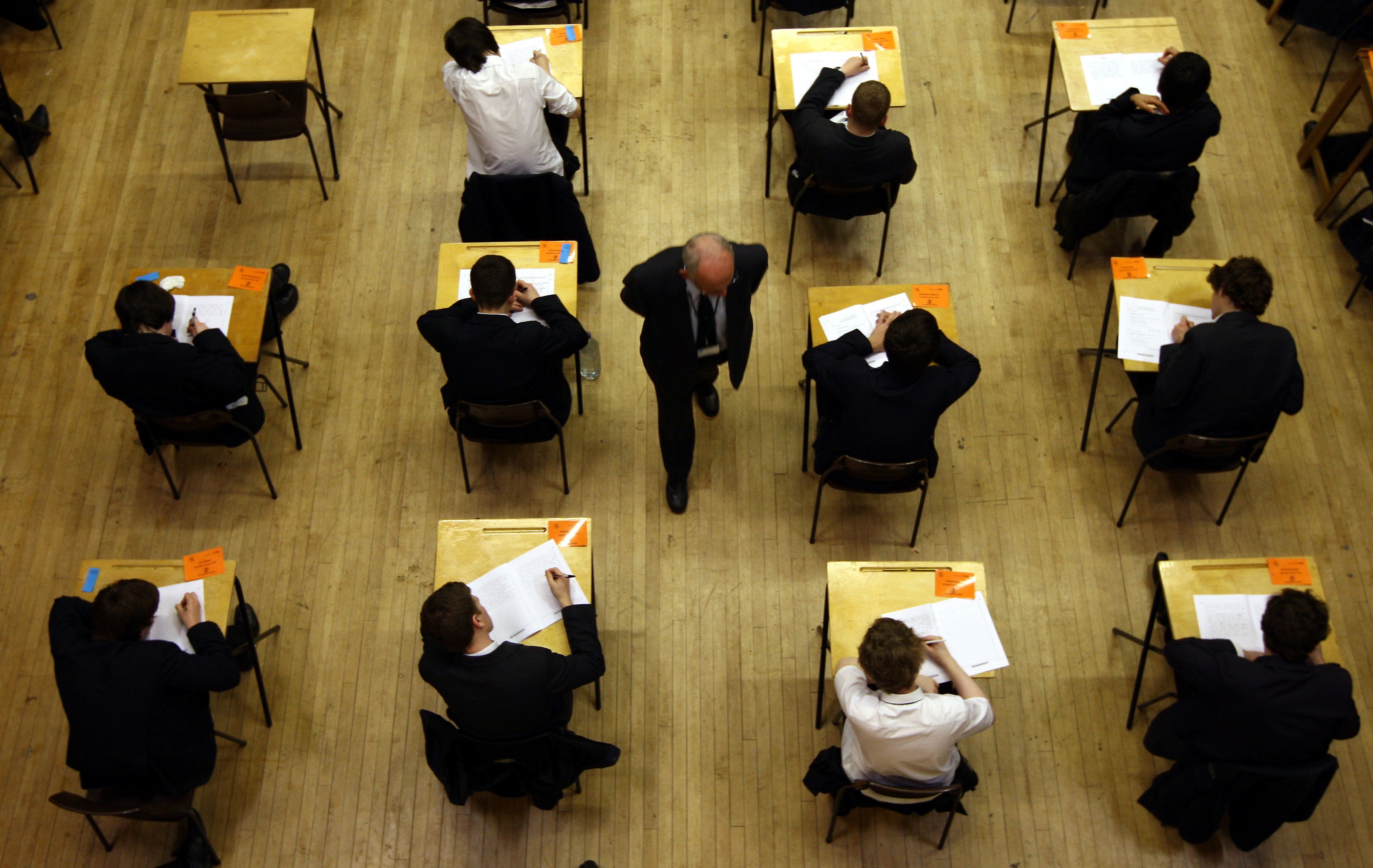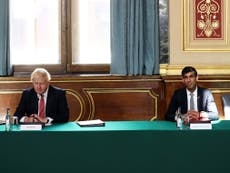Teaching material calling for end of capitalism banned from schools as ministers brand it ‘extreme’
Amnesty International attacks new guidance, issued by the department for education, for undermining ‘freedom of speech’

Your support helps us to tell the story
From reproductive rights to climate change to Big Tech, The Independent is on the ground when the story is developing. Whether it's investigating the financials of Elon Musk's pro-Trump PAC or producing our latest documentary, 'The A Word', which shines a light on the American women fighting for reproductive rights, we know how important it is to parse out the facts from the messaging.
At such a critical moment in US history, we need reporters on the ground. Your donation allows us to keep sending journalists to speak to both sides of the story.
The Independent is trusted by Americans across the entire political spectrum. And unlike many other quality news outlets, we choose not to lock Americans out of our reporting and analysis with paywalls. We believe quality journalism should be available to everyone, paid for by those who can afford it.
Your support makes all the difference.Schools have been banned from using teaching material that calls for the end of capitalism because it is an “extreme political stance”, sparking criticism.
New guidance puts groups wanting to replace the economic system on a par with those endorsing racism, antisemitism and violence, or the overthrow of democracy.
Even material that is “not extreme” has been outlawed if it has been produced by organisations on the banned list, because that could “imply endorsement”.
Amnesty International attacked the instructions, issued by the department for education, for undermining “freedom of speech”, as did Momentum, the Labour-backing grassroots group.
The guidance also provoked ridicule – because the A-level syllabus includes teaching on Marxism, class analysis and “revolutionary socialism”.
It comes despite the doubts raised about whether capitalism can withstand the growing risk from pandemics, the mounting gap between rich and poor and – above all – the climate emergency.
Issued last Thursday, the guidance reads: “Schools should not under any circumstances use resources produced by organisations that take extreme political stances on matters.
“Examples of extreme political stances include, but are not limited to: a publicly stated desire to abolish or overthrow democracy, capitalism, or to end free and fair elections, opposition to the right of freedom of speech, freedom of association, freedom of assembly or freedom of religion and conscience.”
Other examples are “the use or endorsement of racist, including antisemitic, language or communications”, it goes on.
Also outlawed is “the encouragement or endorsement of illegal activity, a failure to condemn illegal activities done in their name or in support of their cause, particularly violent actions against people or property.”
That section prompted the leading QC Jessica Simor to ask, witheringly, if that meant “schools should not accept government money?” – following the Brexit bill that breaches international law.
Allan Hogarth, Amnesty’s head of policy and government affairs, said: “It’s a step too far to ban materials which question an economic model such as capitalism.
“The only extreme view here is the one which suggests that it's somehow illegitimate to even consider the validity of socio-economic systems other than the prevailing one – a system that has of course only been in existence for a comparatively short period of time.”
And Andrew Scattergood, Momentum co-chair, accused the government of its own “cancel culture” – the accusation levelled at leftwingers in universities – saying: “The guidance references our fundamental rights to free speech.
“The Tories think they can get away with banning those rights when it comes to speech that criticises the economic system that makes them and their billionaire mates richer at the expense of working class people.”
But Nick Gibb, the schools minister, said: “These materials should give schools the confidence to construct a curriculum that reflects diversity of views and backgrounds, whilst fostering all pupils’ respect for others, understanding of healthy relationships, and ability to look after their own wellbeing.”





Join our commenting forum
Join thought-provoking conversations, follow other Independent readers and see their replies
Comments